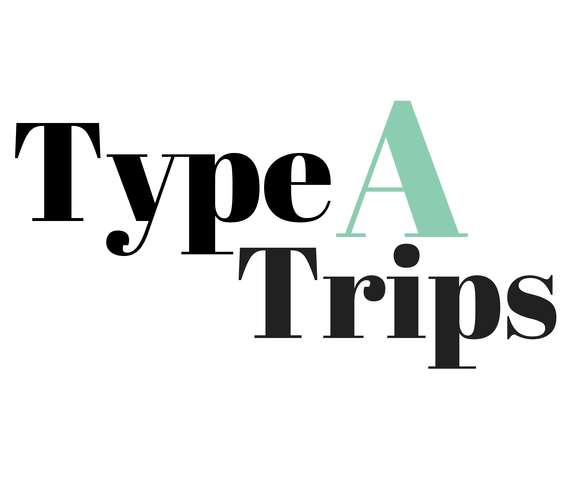In a very short few months, my husband and I will be taking an adventure of a lifetime - 4 weeks in Australia and New Zealand! I've been in hard core planning mode since November (yes, 7 months!) and I can finally see the landing gear in the horizon. People ask me all the time, what now? Now that all of the hotels are booked and reservations are made, what's next? Well, in my opinion, reservations are just half the battle - it takes well executed end game that really solidifies a perfectly planned trip. So, here's a glimpse into the mind of a Type A trip planner...
1. Print all confirmations and communication.
Go through an highlight important details (dates, addresses, confirmation numbers, check in/out times, etc.). I realize that you can use TripIt and you can absolutely put all of this information into a spreadsheet, but I can't trust electronic connectivity overseas, so I prefer to print them and always have them handy. I'm sorry if my paper waste offends you, but I do buy recycled paper.
2. Create a Packing List.
Include items based on necessities, weather and activities. Keep it accessible so you can add items as you think about it. I prefer to create a Google Doc spreadsheet that I can share with my travel partners so they can add items to the list as well. I also go as far as scheduling a test pack 1 week prior to leaving so that I'm not freaking out because I can't fit it all the night before we leave.
3. Create a Wish List.
This is the items you'd like to buy before going, but are truly optional. Some items on my list include a new bathing suite, an underwater camera, a new wide angle lens, a small collapsable cooler (so I can buy perishable goods along the way), etc. This way I can start accumulating them as budget and space allow.
4. Start a To Do List.
These are all things you don't want to forget before leaving. Your mind turns to mush with excitement and anxiety right before a trip and you end up with Home Alone moments where you leave your kid behind if you're not careful. Ok, that's a bit extreme, but this is a piece-of- mind list that helps you to not forget the important little pre-departure details. Items on my list include: Get $100 cash and small bills, call credit card companies, make copies of passports and insurance cards, give a copy of itinerary to family, lock all doors and windows, buy extra pet food, put away message on email, etc.
5. Map Out Your Destination.
Create a customizeable Google Map of all the places you will be going and want to go including hotels, restaurants, sites and attractions, etc. You can click here for a full post about how to do it. I use this as a constant reference tool so that wherever I am, I have a list of places nearby to eat, shop and see based on my personal preferences and research. I also print detailed directions/instructions for getting to/from the airport and any locations you may have trouble finding along the way. Like I said, I don't trust having cell/wireless connection while traveling abroad so I prefer to be extra prepared so I don't end up lost, wasting valuable travel time.
6. Finalize Your Budget.
Setting my travel budget is one of the first things I do at the beginning of my trip planning process, but it always changes over time and money is not something I ever like to be surprised by. I start by listing out expenses by day... hotel cost, activities, rental car, flights, food, etc. Many of these are estimates based on the itinerary, so it won't always be exact, but at least it's close. I also include a column to mark what items have already been paid so that I can have a strong plan for what bills I will be returning to after the trip. The last thing I want is to come home to thousands of dollars in credit card bills unexpectedly - so planning and saving for the right amount is key. This is also the point that I make sure to talk through the final budget with my travel buddies (in this case my husband) so that we are fully on the same page when it comes to what the end cost will be and how the money is being allotted. Sometimes we agree to cut costs in certain areas to increase in others or we decide that we are under budget and can make reservations at that really nice restaurant we heard about. Budgeting can be annoying, but it's way scarier to come home to a pile of debt - definitely not a souvenir you want to bring back!
